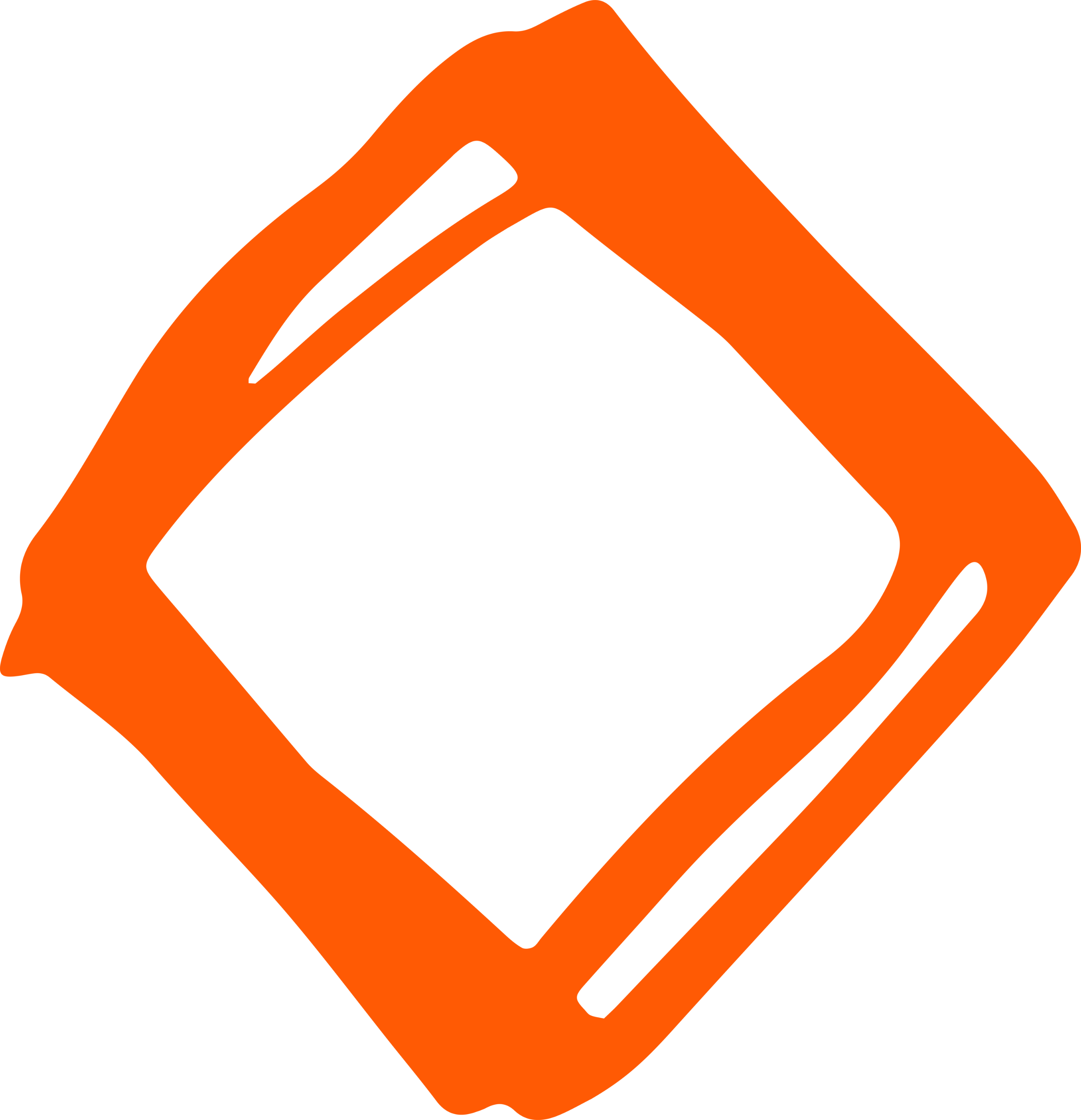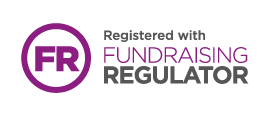Helpline marks five years of fighting slavery
In October 2021, Unseen marked five years of its Modern Slavery & Exploitation Helpline, in partnership with BT.
Over this period, the Helpline has indicated more than 24,000 potential victims of modern slavery and received over 28,000 calls and nearly 8,000 contacts through its website and app (figures to October 2021). Calls to the Helpline went up by 50% between January and July in 2021 alone, highlighting the ever growing need for our services.
Independent Anti-Slavery Commissioner Dame Sara Thornton gave the keynote address at an online event to mark the anniversary.
The Helpline is open 24/7, 365 days a year. It’s fully independent and receives no central Government funding. Its success is down to organisational and individual supporters like you.
Our advisors are professionally trained and work with businesses, local authorities, statutory agencies such as the police and other charities, providing crucial data and insights that are invaluable in shaping their approaches to modern slavery.
This year the Helpline has been included in more than 10 key regional and national campaigns and has featured on screens at the top of London’s BT tower for Anti-Slavery Day.
Hands-on support for survivors
Our approach to fighting modern slavery is to tackle the symptoms as well as the causes – and that means working closely with survivors of exploitation and their families, including during the worst of the Covid pandemic.
Our safehouse provision has grown, and we have nearly doubled the number of people we are supporting in our frontline outreach services – currently 122 women, 27 men and 51 children associated with those adults.
“With the help of my caseworker, I have been able to feel more confident and engage in more activities,” says one survivor we work with.
Another says: “Without the support I have had with Unseen I would more than likely not be here after everything that happened in 2020 and before.”
Our work in the community now extends to Gloucester in the north and Truro in the south, and across the border into Wales and to Swindon in the east.
Better for business
Our Business Services team has doubled this past year, and more companies have engaged with us than ever before. We’ve delivered a record number of bespoke training workshops and supported businesses in a wide variety of sectors in strengthening their strategies to tackle modern slavery.
New partners on our Helpline Business Portal include Sainsbury’s and Boohoo. And earlier this year, we also launched our SME Toolkit to support small and medium enterprises in tackling modern slavery. Find out more about how we work with businesses.
Campaigning for survivors
To mark 2021’s Anti-Slavery Day on 18 October, Unseen worked with 26 other anti-slavery organisations on a joint campaign, calling for survivor voices to be better heard in initiatives to tackle modern slavery and labour exploitation.
“When survivors are at the table, where decisions are made, change happens,” was the message from one survivor, emphasising the need for lived experience to inform approaches to dealing with slavery.
Later in the year, we were part of a sector-wide drive to amend the Nationality and Borders Bill, which, if passed in its current form, will harm victims of modern slavery and could see more perpetrators going unpunished.
We were one of 108 human rights organisations to sign an open letter to MPs on the subject, which is unprecedented in the sector and secured national coverage for the issue in the media.
Raising awareness
To effectively eradicate modern slavery for good, we need to make more people aware that it is happening in the first place – from the general public to businesses and educational institutions.
Mindful of this, in the summer of 2021, we launched a campaign to end child exploitation, particularly County Lines drugs trafficking involving children. An opinion poll we commissioned showed a worrying lack of awareness of the issue and that many people would not know what to do or where to turn to if a child they knew was involved in County Lines exploitation.
A mother shared her heart-wrenching story of finding out her son had been groomed by a gang and was being forced against his will to run drugs for them. We produced a guide to County Lines, providing advice on how to talk to your child should you suspect they were involved and where to get help.
Earlier in the year, we launched a campaign to raise awareness of labour exploitation in Leicester’s textile industry, a subject that has made many headlines over the past year or so.
The campaign, in partnership with Leicester City Council, urged people to get in touch with Unseen’s Modern Slavery & Exploitation Helpline if they thought they were the victims of labour abuse or if they knew someone who was being exploited.
Activities included a social media campaign, stories in the local media, flyers posted to thousands of households, written in different languages to reach people with English as a second language, as well as specially printed pharmacy bags promoting our Modern Slavery & Exploitation Helpline.
Powerful partnerships
We know that we can’t tackle slavery on our own, so we continue to build important partnerships across society.
We work closely with community groups, businesses, local authorities, the NHS, the National Crime Agency, the police and other charities on initiatives to tackle modern slavery and the root causes of exploitation – as well as increase reporting.
In October, for example, Unseen’s app – which includes the signs of modern slavery plus advice on what to do if you suspect modern slavery is taking place – was issued to the phones of all 17,000 officers in Police Scotland.
Reform for supply chains
Although we’re based in the UK, we have international reach and work with other anti-slavery groups all over the world.
One initiative in 2021 was our joint letter to G7 leaders at the Cornwall summit, calling for supply chain reform and a more concerted effort to eradicate forced labour, modern slavery and human trafficking globally by 2030.
We have already won some concessions from leaders, who issued a joint statement in response to our letter. While it’s a step in the right direction, there’s still a lot more to do – and we’ll continue to push leaders to do the right thing.
A big thank you
It’s been another successful year thanks to your support. Please continue working with us to end modern slavery. Check out all the ways you can support us, below.


